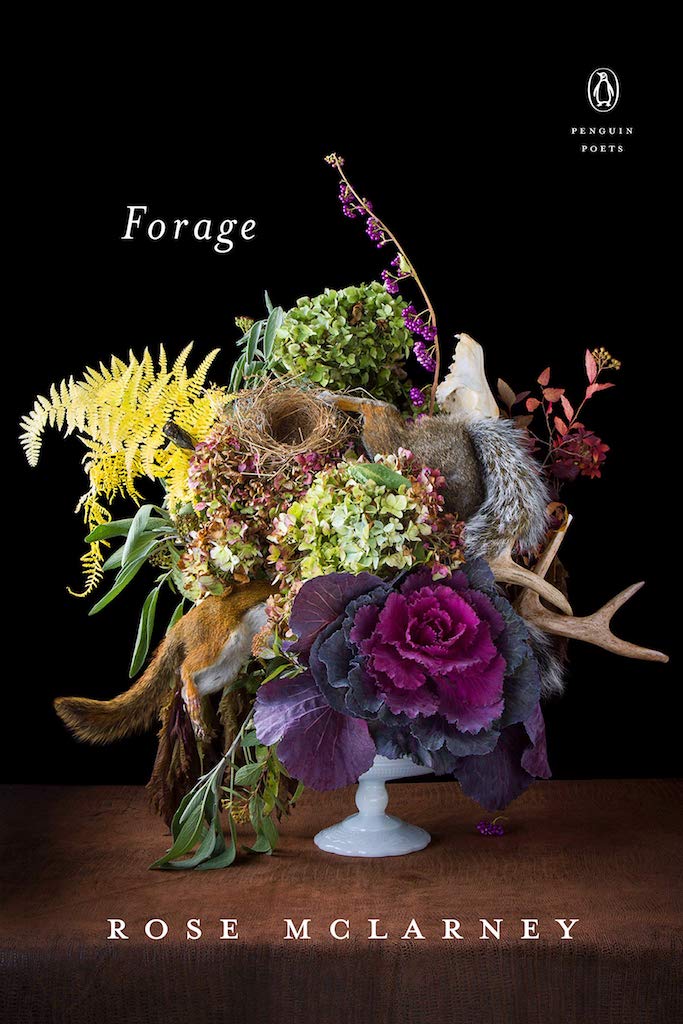The way the cat walked,stalking—Each stepan extraction of himself,from the grass, unmoved.How long I watched,how I lovedto watch, and how I triedto make him a little home.But what is wanted wantsto leg it elsewhere, no matter.When he was happy,he was hunting.He was huntingthe exception to his silence—that is what he wished to eat.He would slaughterhis way back to solitude.
Pet
Rose McLarney
Feature Date
- September 26, 2020
Series
Selected By
Share This Poem
Print This Poem
“Pet” from FORAGE, by Rose McLarney.
Published by Penguin Books, 2019.
Copyright © 2019 by Rose McLarney.
All rights reserved.
Reproduced by Poetry Daily with permission.

Photo:
Nicole McConville Photography
Nicole McConville Photography
Rose McLarney’s collections of poems are Forage and Its Day Being Gone, winner of the National Poetry Series, both from Penguin Books, as well as The Always Broken Plates of Mountains, published by Four Way Books. She is co-editor of A Literary Field Guide to Southern Appalachia, from University of Georgia Press, and Southern Humanities Review. Rose has been awarded fellowships by the MacDowell Colony, Bread Loaf and Sewanee Writers’ Conferences, among other awards. Her work has appeared in publications such as The Kenyon Review, New England Review, American Poetry Review, Prairie Schooner, Southern Review, Orion, and The Oxford American. Rose earned her MFA from Warren Wilson’s MFA Program for Writers. Currently, she is Associate Professor of Creative Writing at Auburn University.
"McLarney has been a gifted storyteller since her first book, The Always Broken Plates of Mountains, but I dare say that she’s getting even better, more hypnotic. She’s one of our finest poets of the wild: her notes of appreciation are grounded in a love of careful cataloging of the world through language. McLarney is masterful . . . [her] environmental threnodies move from the quick truth . . . to a sense that has been accumulating across all of her books: how do we hold on to despair, and dust, and memory? A gorgeous book."
—Nick Ripatrazone, The Millions, "Must-Read Poetry"
"Rose McLarney’s Forage is, at heart, about the amplitude of creation. It is also about the human avarice that has overwhelmed the world around us. Reckoning with the most pressing questions regarding abundance and waste, the human capacity for love and corruption, and the raw possibilities of our future, McLarney asks, 'Must the answer be only the variety / of grief?' Given the lateness of things, perhaps so. On the other hand, the work in Forage is also the work of refusal, bringing fierce lament and complex song to the direness of our present."
—Rick Barot
Poetry Daily Depends on You
With your support, we make reading the best contemporary poetry a treasured daily experience. Consider a contribution today.




